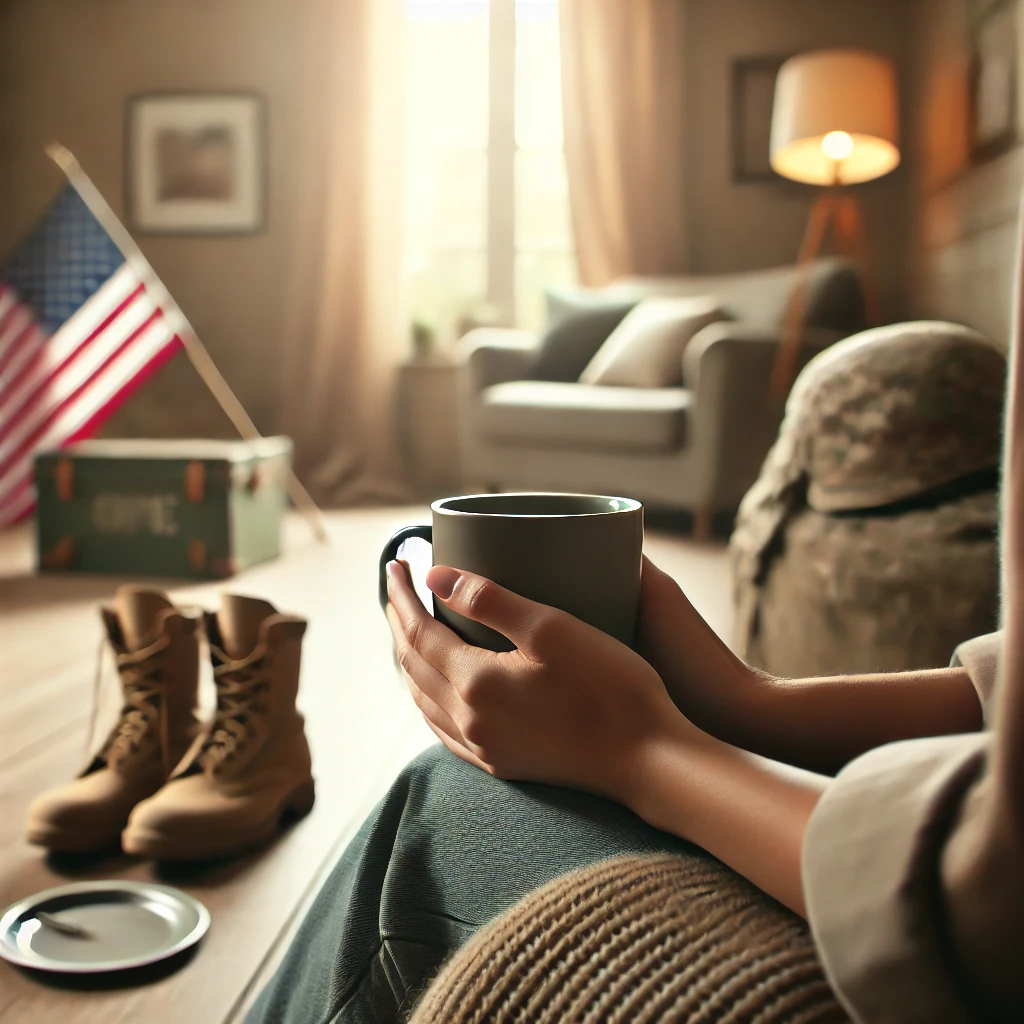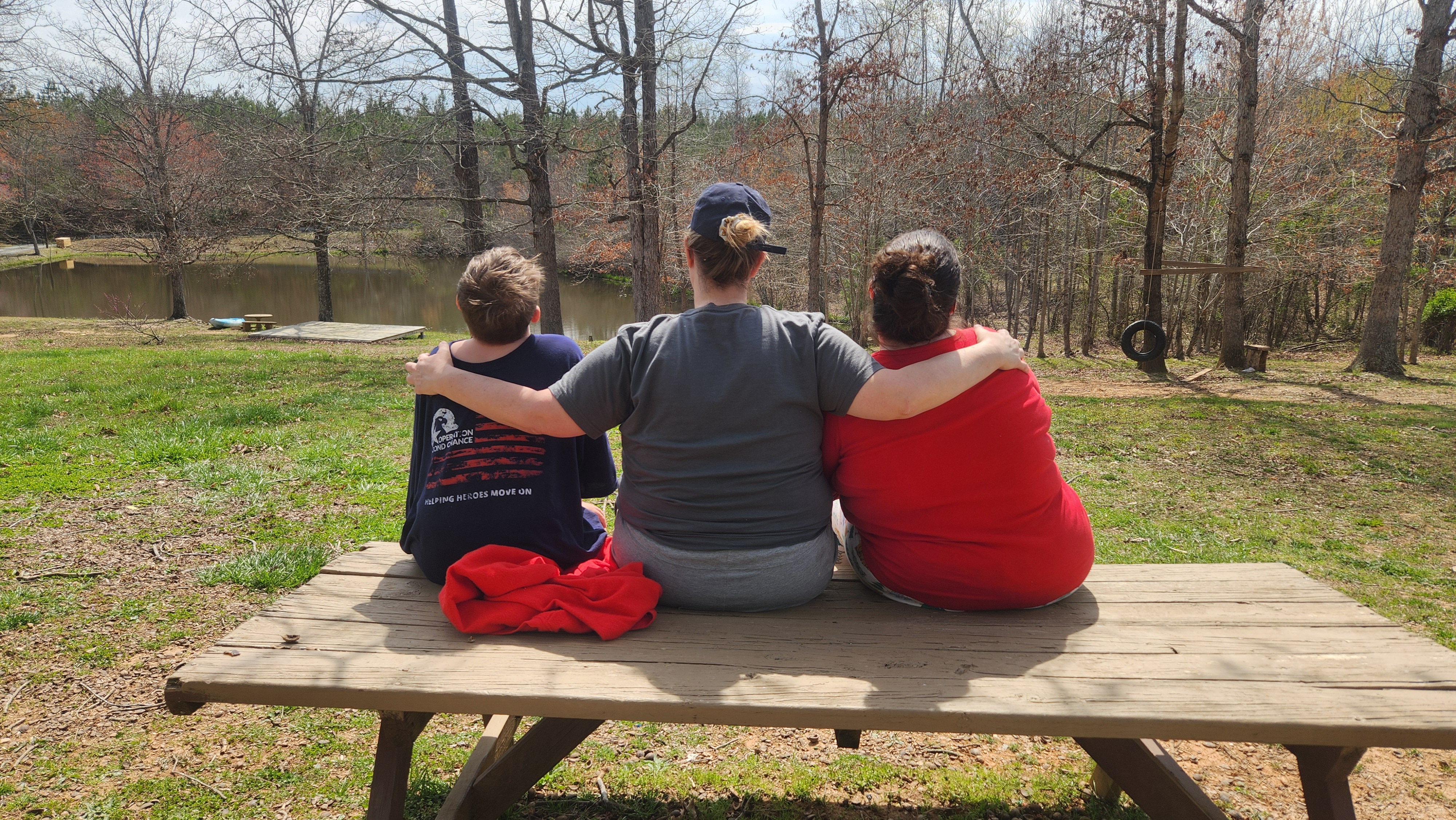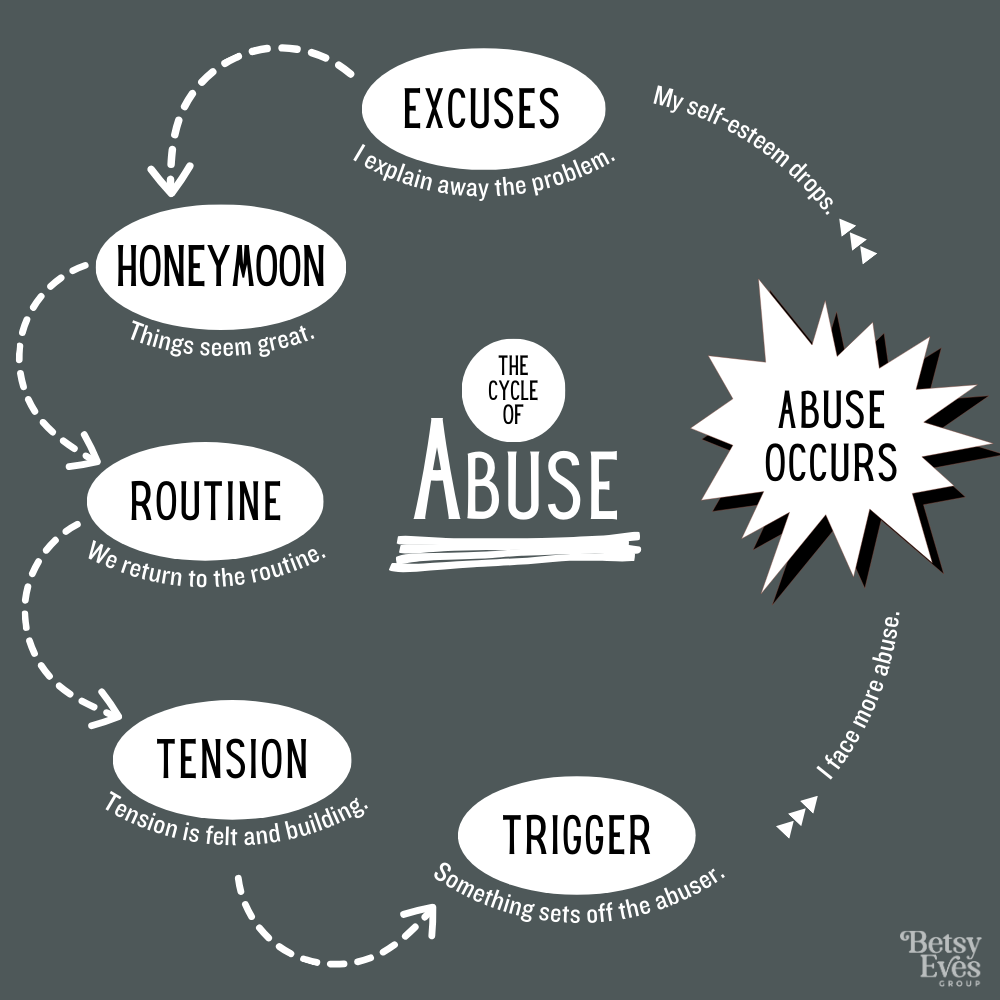When you marry into the military, whether you realize it or not, you take on the internal battle we face as caregivers—a role that often feels like service of its own. You’re standing beside your spouse through deployments, uncertainty, and sacrifice. For those of us who married after 9/11, like I did, it wasn’t just a commitment to love and honor our spouses. It was about standing by their side as they served this country—because we knew what it meant for our parents and grandparents who had served in Vietnam, Korea, and WWII.

We stood by them because we knew it was our turn to serve in our way. And for many of us, that meant becoming caregivers to someone who came home from war, but came home different. My husband, Dave, is that person. A proud veteran who served in Iraq, but the person who came back wasn’t the same.
He sustained TBIs in 2007, compounded by untreated PTSD. And for years, we lived with the effects of those traumas—me, feeling like I was fighting a new war every day, and Dave, avoiding therapy, burying the hurt, and letting the effects of his injury play out in our home.
Should I Stay or Should I Go?
But here’s the heart of it: as much as we want to stand by them, the sacrifices we make can’t come at the expense of our own well-being, right?
Yet that’s the struggle many caregivers, like myself, face every day.
Do I stay, honoring my duty, my commitment to our shared sacrifices, or do I choose self-preservation, for myself and my children?
The Caregiver’s Struggle: A Snapshot
Here are a few signs that may resonate with caregivers who find themselves at a similar crossroads:
- Emotional Exhaustion: You feel drained from the daily emotional labor, not just of caregiving, but of managing the effects of untreated trauma.
- Repeated Cycles of Avoidance: Therapy is ignored, conversations are stonewalled, and efforts to address deep issues are brushed off.
- Uncertainty About the Future: You’re unsure whether your relationship will ever return to a healthy place, and that uncertainty creates stress and anxiety.
- Personal Sacrifice: You realize that you’re continually sacrificing your well-being and your children’s stability for a spouse who may not be willing to put in the work to heal.
- Physical and Financial Strain: The impacts aren’t just emotional—caregiving can take a toll on your body and your bank account.

It’s not an easy decision. It’s a battle between loyalty and survival. And I know I’m not alone in this. So many other caregivers feel this, too. In some ways, it feels like the enemy won—the terrorists who took away so much from us when our spouses went off to fight. They may not have killed our loved ones, but they left us with a version of them that’s forever altered.
For many of us, it feels like the family we once knew is dead, even though we’re all still breathing. But here’s what we need to hear, what I need to remind myself of every day: it shouldn’t have to be an either-or. We shouldn’t have to choose between being loyal to our veteran spouse and saving ourselves.
Yet, that’s exactly where so many of us find ourselves. The question of staying or going isn’t just about love anymore. It’s about survival.
Duty vs. Self-Preservation
There’s an honor to standing by your spouse, to fighting through the hard days. But when every effort to help is met with avoidance—when therapy feels like too much work, when apologies for past wrongs never come, when cycles of bad behavior just continue—it takes a toll.
I feel like I’ve given all I can give. I can’t sacrifice my peace or my son’s stability just to honor an idea of marriage that no longer exists for us.

How Caregivers Can Empower Themselves
If you find yourself in this space, consider these steps to help shift the focus back on your well-being:
- Set Boundaries: Protect your mental, physical, and emotional health by setting clear boundaries. You can still offer love and support, but not at the expense of your well-being.
- Seek Support: Look for support systems where other caregivers thrive. I’ve seen great success with groups like Blue Star Families Support Circles, Yellow Ribbon Funds, and in-person events from community organizations. Online communities, like Hidden Heroes from the Elizabeth Dole Foundation, offer incredible connections, too.
- Prioritize Self-Care: Self-care isn’t just about pampering. It’s about making space for yourself emotionally, focusing on your health, and setting future goals.
- Evaluate Therapy Options: If your spouse refuses therapy, you can still benefit from counseling. My number one suggestion for caregivers is Wounded Warrior Project (WWP)—they helped me, and they can help you too. Therapy can give you the clarity and strength to navigate this journey.
- Take Small Steps Toward Financial Independence: If you’re an entrepreneur or starting a business, building financial stability is crucial. Start managing your finances now to secure your future and reduce strain.
Explore these trusted resources to find mental health support, community, and financial guidance for caregivers.
- Blue Star Families Support Circles: Blue Star Families Support Circles – You can find more information about their caregiver support networks and local chapters.
- Yellow Ribbon Fund: Yellow Ribbon Fund – This organization offers direct support to military caregivers, including retreats and programs.
- Hidden Heroes Online Community (Elizabeth Dole Foundation): Hidden Heroes – The official online community for caregivers supported by the Elizabeth Dole Foundation.
- Wounded Warrior Project (WWP) Mental Health Programs: Wounded Warrior Project Mental Health Programs – You can direct caregivers here for mental health therapy resources and support.
Breaking the Cycle
There’s a cycle we get stuck in as caregivers—one of avoidance, one of waiting, hoping, trying. But at what point do we say, enough is enough? In my situation, Dave has avoided therapy for years, despite me pleading with him. We’ve lost our family to the effects of his untreated trauma. And yet, when asked to go to therapy, he says he doesn’t have the time or energy. Prioritizing his dog and his job over his family’s healing speaks volumes.

At the end of the day, breaking the cycle of avoidance is critical to overcoming the internal battle we face as caregivers, especially when it feels like the struggle will never end. We deserve more than just surviving—we deserve to live fully, too.
It’s time to reclaim our strength, not just as caregivers, but as individuals who deserve peace, happiness, and a future filled with hope.
Call to Action:
Ultimately, recognizing and honoring the internal battle we face as caregivers is essential to reclaiming our lives, our happiness, and our future.
Share your thoughts with me. Does this resonate with your experience? How are you navigating the balance between duty and self-preservation in your caregiving journey?
Let’s start talking about it and comment below.
For those who want to dive deeper into the emotional and mental challenges caregivers face, my article “The Invisible Wounds of Suicide Prevention” explores the toll of caring for a veteran battling untreated trauma and PTSD, along with the ripple effects on their family. It connects directly with The Internal Battle We Face as Caregivers, highlighting the cycles of trauma, avoidance, and the ongoing struggle to balance caregiving with personal well-being.


